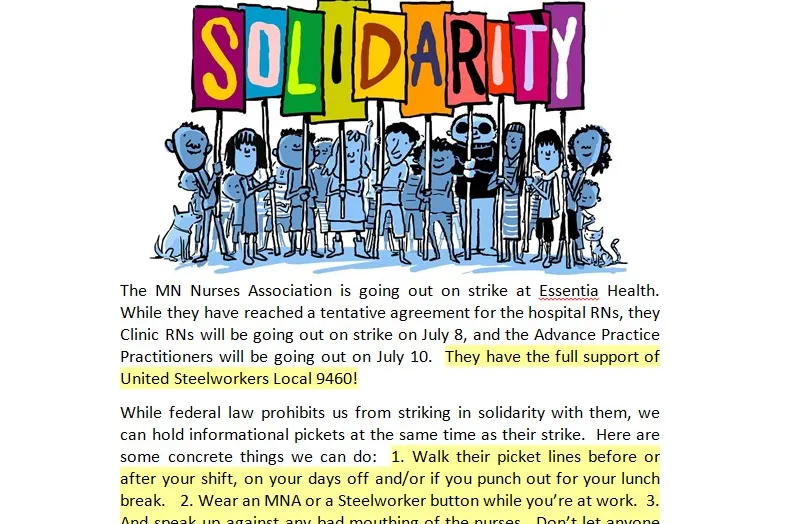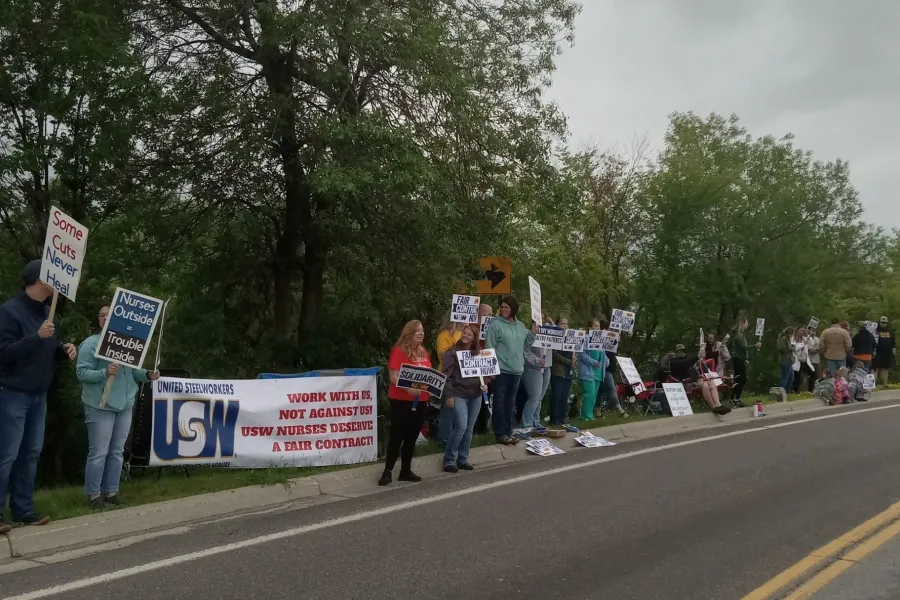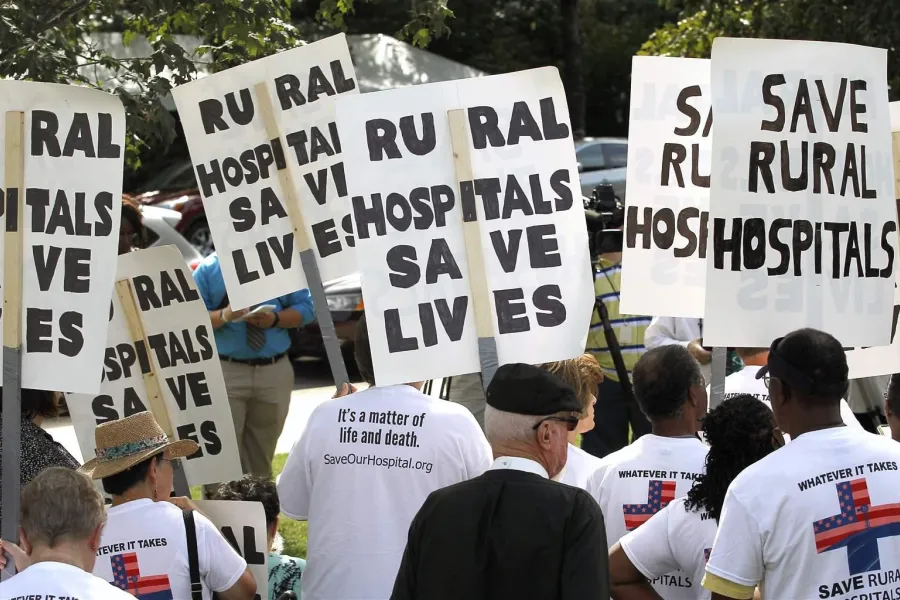Blog
Steelworkers Stand With the MNA!
Informational Picket Held at Chisholm Health Center
Letting Rural Health Care Bleed Out
Recent
Essentia & St. Luke's Vaccine Mandate Update
Essentia & St. Luke's are Mandating the COVID-19 Vaccine
LSCHC Professional Unit Ratification Vote
Tentative Agreement Reached on Red Book
Green Book Contract Ratified
Red Book Negotiations Update



